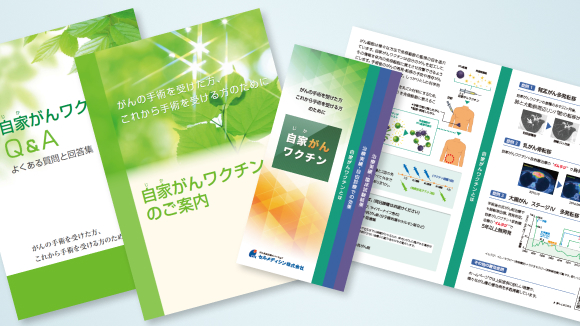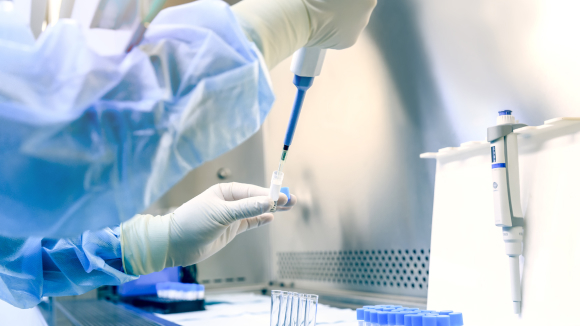Authors:Kushida S, Peng BG, Uchimura E, Kuang M, Huang L, Miwa M, Ohno T.
Journal:Dig Liver Dis. 2004 Jul;36(7):478-85.
Abstract:
BACKGROUND:Cytokines can be strong potentiators for a tumour vaccine, but they have very short life in vivo when administered as a solution.
AIMS:To evaluate the slow release of interleukin 2 from a cytokine-vehicle in vitro and in vivo and to evaluate the anti-tumour activity of a new tumour vaccine in vivo.
METHODS:The tumour vaccine was composed of formalin-fixed Hepa 1-6 hepatoma tissue fragments, tuberculin and a lipid based vehicle containing granulocyte-macrophage colony-stimulating factor and interleukin 2. The quantity of interleukin 2 release from the cytokine-vehicle in vitro and in vivo was determined by a proliferation assay with CTLL-2 cell line. Hepa 1-6 hepatoma model system with C57BL/6J mice was used to examine protective and therapeutic anti-tumour effect of the vaccine.
RESULTS:Release of interleukin 2 from the cytokine-vehicle lasted 5 days in vitro and 3 days in vivo. The vaccine protected 67% of mice from a Hepa 1-6 cell challenge and had a therapeutic effect by prolonging the life span of mice bearing established Hepa 1-6 tumours of 5 mm in diameter. Of the treated mice, 20% became completely tumour-free.
CONCLUSIONS:Formalin-fixed tumour fragments and cytokines in controlled-release vehicle are useful in the rational design of tumour vaccines

























